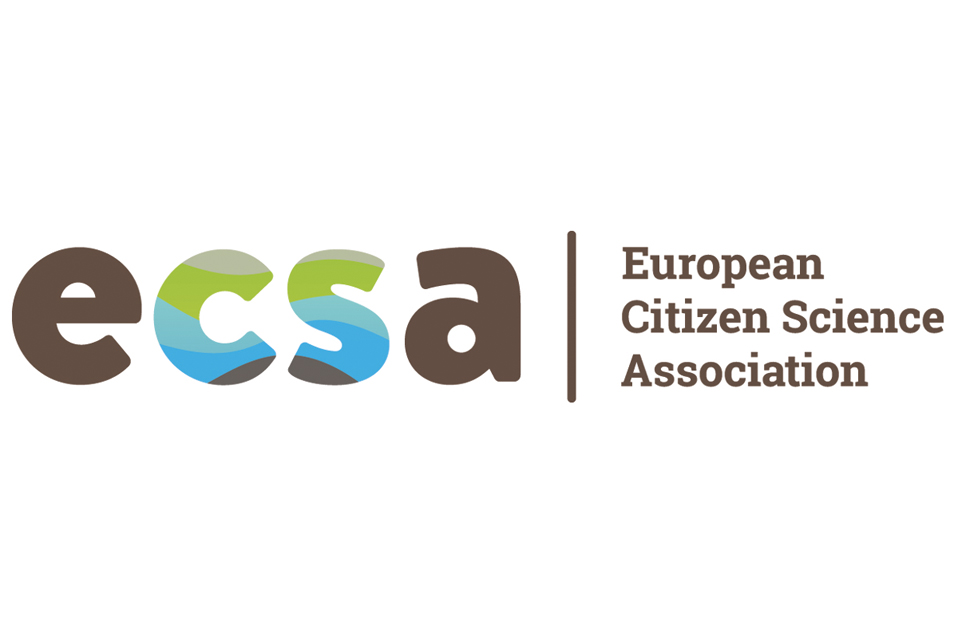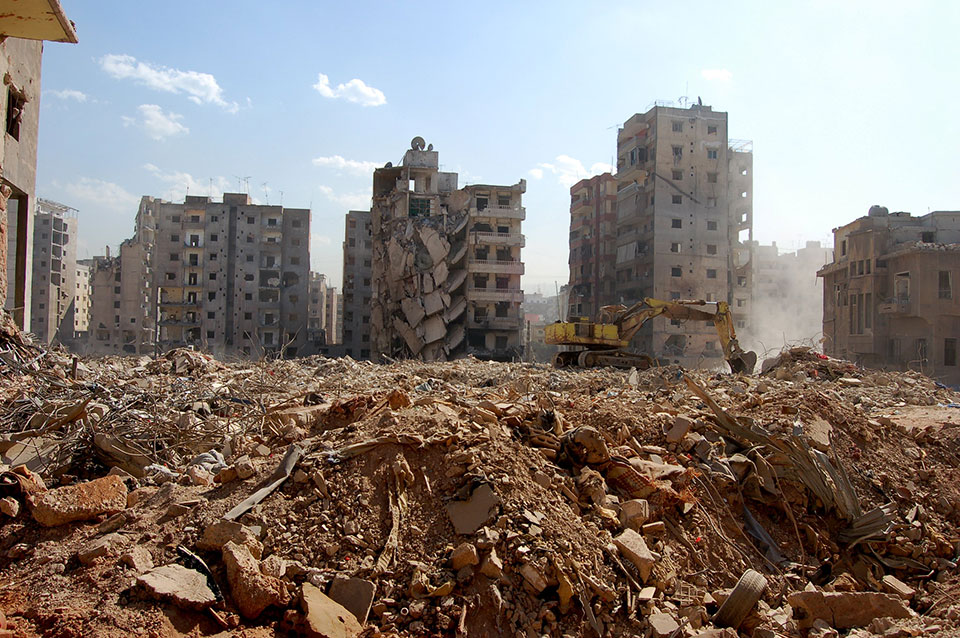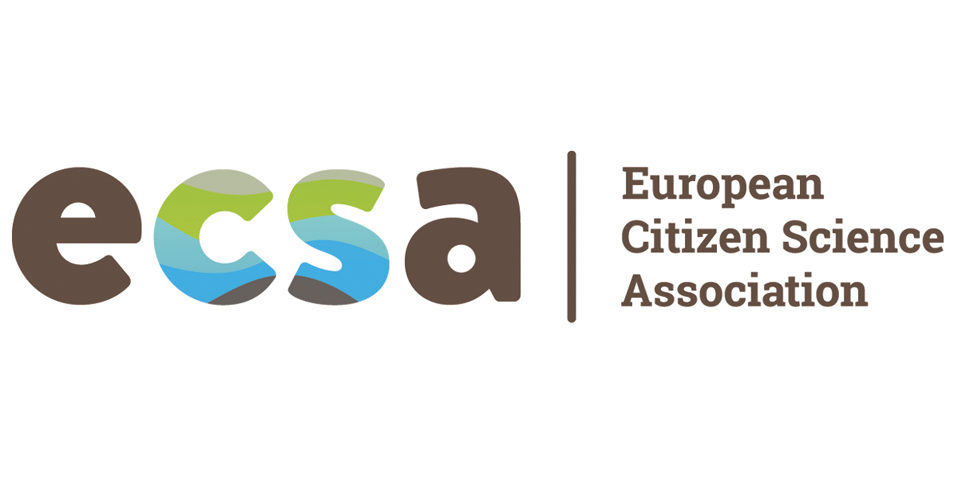Participatory community environmental research in areas affected by conflict could help empower people, groundtruth remote analysis, and contribute towards accountability processes and environmental peacebuilding.

The European Citizen Science Association (ECSA) has launched a new working group to explore and promote the use of citizen science in areas affected by armed conflicts. Anna Berti Suman and Doug Weir explain why it has been launched and how people can contribute.
The potential of citizen science in conflict areas
Armed conflicts and insecurity can directly damage the environment and create and sustain the socio-economic conditions that can encourage environmentally damaging activities, or exacerbate their consequences. These same conditions often prevent research into environmental change as well as on pre-existing environmental issues, leaving vulnerable communities and ecosystems more at risk.
During the last 15 years, earth observation and open source intelligence have radically improved our understanding of the environmental dimensions of armed conflicts and insecurity, leading to policy change and a growing appetite for field data. The need for standardised data collection methodologies was recognised by a 2024 resolution of the United Nations Environment Assembly; its implementation is currently underway and includes consideration of citizen science methodologies.

Participatory research has the potential to help plug the well-recognised gap in environmental data collection in relation to armed conflicts. Indeed recent examples from Ukraine, Colombia and other conflict contexts illustrate how researchers are already using low cost participatory research methodologies to document environmental change in settings where official monitoring systems have been lost or degraded. Such work has been underway internationally for a number of years but with relatively little official recognition. We believe that participatory approaches could play a significant role in improving access to environmental information in these settings, empowering communities in environmental decision-making and contributing towards accountability initiatives.
Momentum towards greater accountability is being encouraged by recent and emerging enhancements to the applicable legal frameworks. This includes updates to International Humanitarian Law, a new legal framework on the Protection of the environment in relation to armed conflicts, new environmental case selection criteria under development by the International Criminal Court, and the intensifying campaign to recognise an international crime of ecocide. Increasingly, the cited legal framework recognises the key role of local people, their knowledge and participation in protecting the environment. Against this backdrop, there is an urgent need to support the development of conflict-appropriate methodologies and the networks, agents and processes that enable these practices to offer evidence of war-induced environmental harms.
ECSA and the aims of the working group
ECSA’s vision is a world where people are empowered to make a positive change through science and it works to make science and research open, accessible and valuable for everyone. The association supports the development of methodologies and helps build capacities, its working groups are established by its general assembly and carry out the association’s strategic work.
With more armed conflicts ongoing than at any time since the Second World War contributing to and exacerbating the global crises of climate change, biodiversity loss, desertification and pollution, enhancing data collection is vital. Citizen science must be part of the picture. It has the power to contribute to storytelling and awareness, to empower conflict-affected communities and to enhance dialogue within and between them. Thus we have proposed the establishment of a dedicated ECSA working group to contribute towards the development of appropriate methodologies and guidance for citizen science in what are often challenging contexts.
The new working group has a number of objectives, foremost of which is to explore the current and future potential of citizen science in areas affected by armed conflicts. Members will also work to identify current and emerging best practice, and contribute towards the development of a community of practice. If citizen science is to reach its potential and contribute towards international efforts to enhance the documentation of environmental change in areas affected by armed conflicts, it’s vital that we identify context-appropriate methodologies and develop guidance to improve the effectiveness of research methodologies, enhance the security of participants and boost the impact of collected data including in judicial settings.
We also need to engage with a range of stakeholders active in these settings, for example humanitarian or mine action organisations, as well as local and national authorities. And with an eye on the growing clamour for greater accountability for conflict-linked environmental damage, the group will also explore the legislative, judicial, evidentiary and capacity considerations for citizen science in these contexts.
Who can contribute to the new working group?
Only the working group chairs need to be ECSA members, and individuals who are not ECSA members can be invited to participate in working group activities. If you or your organisation is interested in joining the working group, please complete this online form. We particularly welcome anyone already involved in citizen science projects or environmental monitoring and assessment in areas affected by armed conflicts. Based on our work on Ukraine we believe that the community of practice is already far larger than suspected and one of our first tasks — with your help — will be to explore and expand it.
Anna Berti Suman (A Sud) and Doug Weir (Conflict and Environment Observatory) are Co-Chairs of the ECSA Working Group on citizen science in areas affected by armed conflicts.





